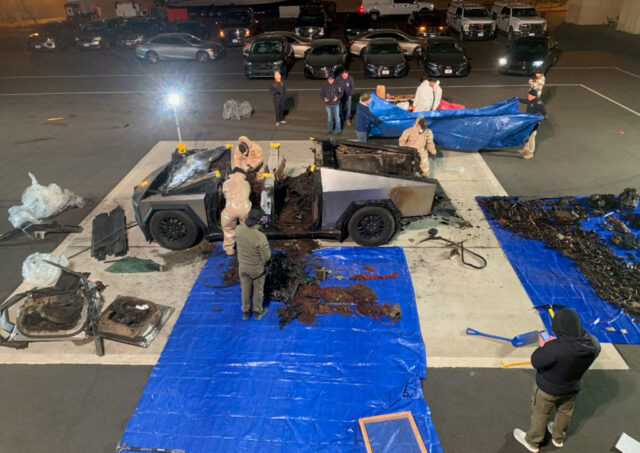Nick Schifrin:
Army officials confirmed he was in therapy — quote — “Livelsberger had access to and used the Preservation of the Force and Family program. He did not display any concerning behaviors at the time and was granted personal leave.”
That was just days before his life ended in Las Vegas.
For additional perspective, we turn to retired army brigadier general Stephen Xenakis, a psychiatrist with extensive experience working with veterans with PTSD and traumatic brain injuries.
Stephen Xenakis, thanks very much. Welcome back to the “News Hour.”
When you look at Master Sergeant Livelsberger’s deployments, when you read what he wrote in that suicide note released by the police and that e-mail to Sam Shoemate, what do you see?
Brig. Gen. Stephen Xenakis (Ret.), U.S. Army: Well, it’s tragic.
And, unfortunately, it’s a story that we have heard at other times. It’s a story that comes out of all these 20 years of warfare and goes back, actually, many, many years, thousands of years.
These men and soldiers, these men and women that go through these multiple deployments under these circumstances are really events, and the stress and the trauma pile up on them. And you have all these factors in play with him. You have his sense of moral injury, which is a guilt and shame that comes with what soldiers do and haven’t done, knowing that there’s a core ethical principle that they live by.
It’s very individual, but that is a common principle that we have that is very important in terms of justifying or being able to make sense out of the activities, actions that have to be undertaken in war. You have the stress, and it comes out as post-traumatic stress.
There is traumatic brain injury, which he — there’s evidence that he also suffered that, that there’s injury and damage to the brain. Very often, these soldiers also have other injuries and musculoskeletal pain. They have problems with sleep. We don’t know in this particular circumstance if there was self-medication, sometimes prescribed medications.
All of this piles up. And, over time, it just gets to be too much.















































